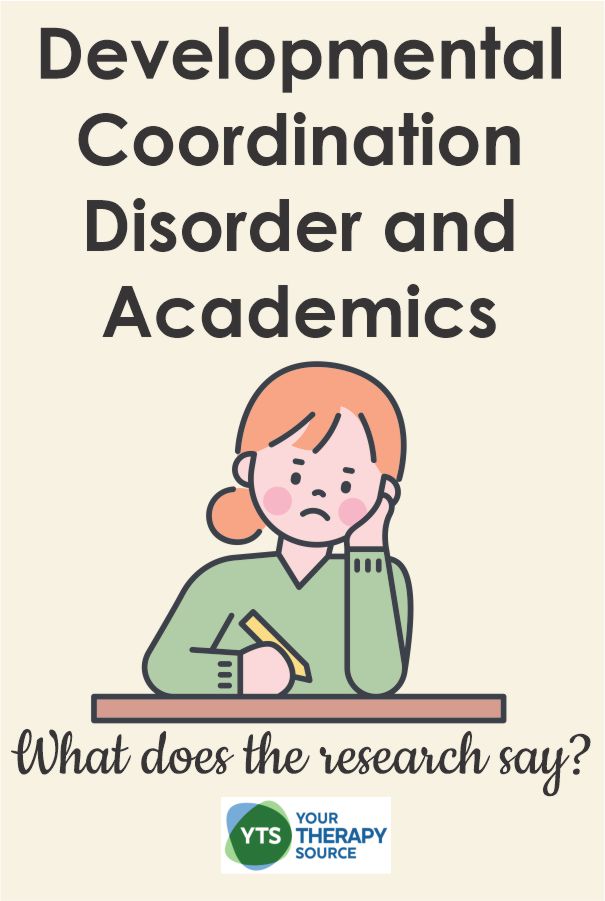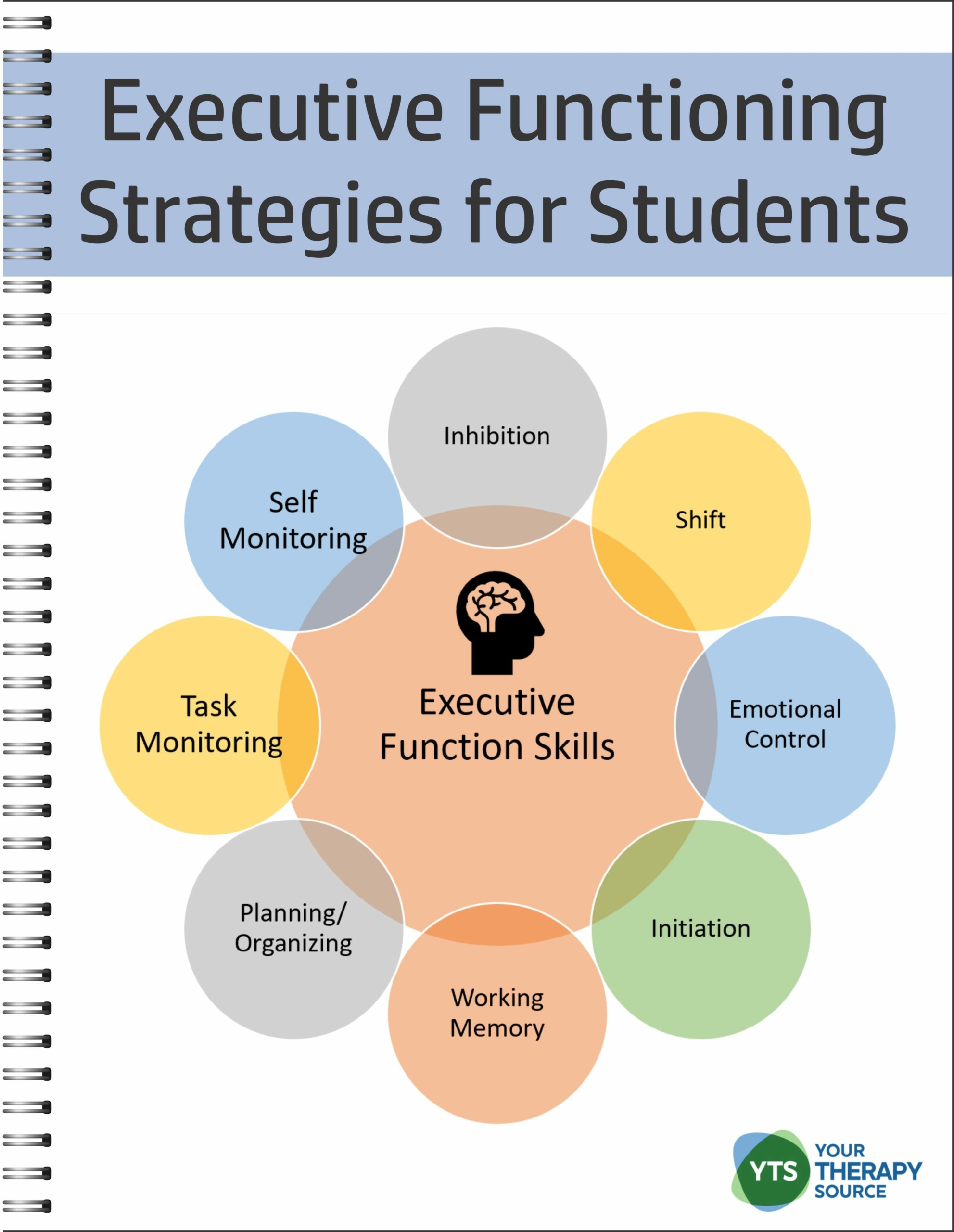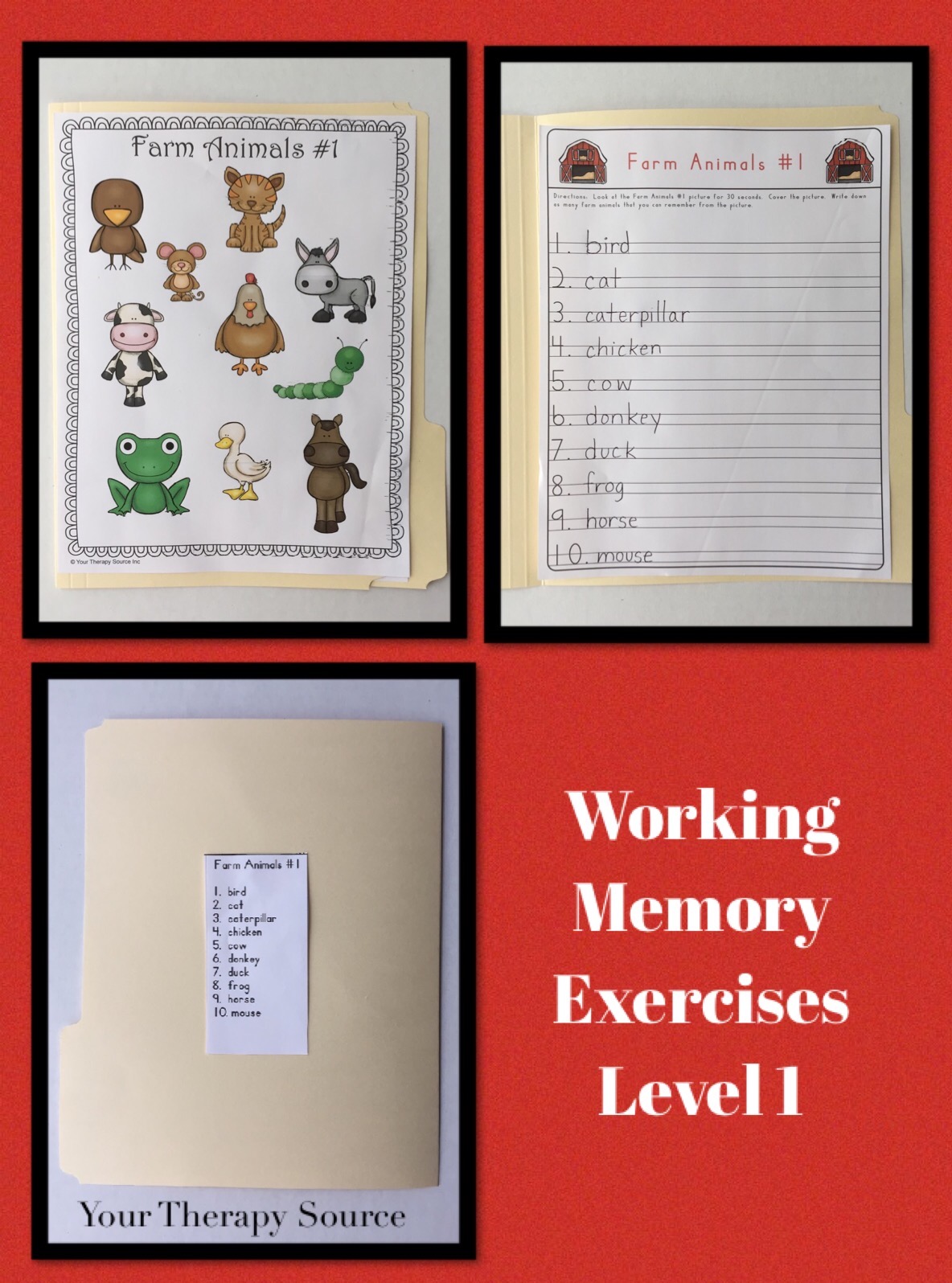Developmental Coordination Disorder and Its Impact on Academics

Developmental Coordination Disorder (DCD) is a chronic condition that affects motor coordination, significantly impacting a child’s everyday activities. While motor difficulties in DCD are widely documented, less is understood about the prevalence and extent of the impact on academic activities. Learn more about the influence of DCD on academic activities, such as reading, writing, and mathematics, in school-aged children.
Prevalence of Academic Difficulties in Children with DCD
Research encompassing 24 studies highlighted that a significant number of children with DCD experience difficulties with academic activities. The combined results of these studies demonstrated an 84% prevalence of handwriting difficulties and 89.5% prevalence of mathematical difficulties. Reading and writing difficulties were also reported, but a combined prevalence could not be calculated. Children with DCD demonstrated notably poorer performance in handwriting legibility and speed, writing, mathematics, and reading (Dionne et al, 2023).

Executive Functioning Strategies for Students
Impact of Motor Skills and Executive Functions
In addition to the impact on specific academic skills, children with DCD also experience motor skill and executive function (EF) difficulties that challenge their daily activities. A systematic review found correlations between aspects of motor skills and EFs in studies conducted among individuals with DCD. However, evidence supporting this relationship is limited. Regardless, occupational therapists should consider the possibility of this relationship when planning interventions for individuals with DCD (Fogel et al, 2023).
Predictors for School Performance
Research aimed to identify whether executive functions and gross motor skills were predictors for school performance in children with DCD, children at risk for DCD (r-DCD), and those with typical development (TD). The study used comprehensive tests and measures to assess intelligence, motor development, working memory, and school performance.
In children with DCD, processing speed, auditory-motor inhibition, and auditory-verbal inhibition were predictive of math performance, while auditory-motor and visuospatial working memory predicted writing performance. For children with r-DCD, auditory-motor and visual-motor inhibition were found to predict math performance, while visual-motor inhibition predicted writing performance (Sartori et al, 2022).

Working Memory Exercises
Key Points about Developmental Coordination Disorder and Academics
- Prevalence of Academic Difficulties: The impact of DCD on academics is substantial, with an 84% prevalence of handwriting difficulties and 89.5% prevalence of mathematical difficulties among affected children.
- Impact of Motor Skills and Executive Functions: Evidence suggests a correlation between motor skills and EFs in individuals with DCD, though this is currently limited.
- Predictors for School Performance: Among children with DCD, processing speed and auditory-motor inhibition are predictive of math performance, and auditory-motor and visuospatial working memory predicted writing performance. For children with r-DCD, auditory-motor and visual-motor inhibition predicted math performance, and visual-motor inhibition predicted writing performance.
- The Need for Targeted Interventions: Given the significant academic challenges faced by children with DCD, thorough evaluation of academic performance is necessary to develop targeted interventions. Additionally, taking into account the impact on executive functions and motor skills can guide more effective intervention strategies.
Conclusion: The Need for Targeted Interventions
It is clear that children with DCD frequently and severely struggle with academic activities. The evidence particularly underscores the difficulties faced in mathematics. This draws attention to the need for thorough evaluation of academic performance in children with DCD to develop targeted interventions.
Moreover, understanding the potential impact of DCD on executive functions and motor skills, and how these might predict school performance, can guide the development of more effective strategies. While the existing evidence may be limited, it certainly suggests that therapists and educators should take these factors into account when planning interventions.
By doing so, we can better support children with DCD, enabling them to optimize their functioning in daily life, academically and beyond.
References
Dionne, E., Bolduc, M. È., Majnemer, A., Beauchamp, M. H., & Brossard-Racine, M. (2023). Academic Challenges in Developmental Coordination Disorder: A Systematic Review and Meta-Analysis. Physical & Occupational Therapy In Pediatrics, 43(1), 34-57.
Fogel, Y., Stuart, N., Joyce, T., & Barnett, A. L. (2023). Relationships between motor skills and executive functions in developmental coordination disorder (DCD): A systematic review. Scandinavian Journal of Occupational Therapy, 30(3), 344-356.
Sartori, R. F., Nobre, G. C., Fonseca, R. P., & Valentini, N. C. (2022). Do executive functions and gross motor skills predict writing and mathematical performance in children with developmental coordination disorder?. Applied Neuropsychology: Child, 11(4), 825-839.



